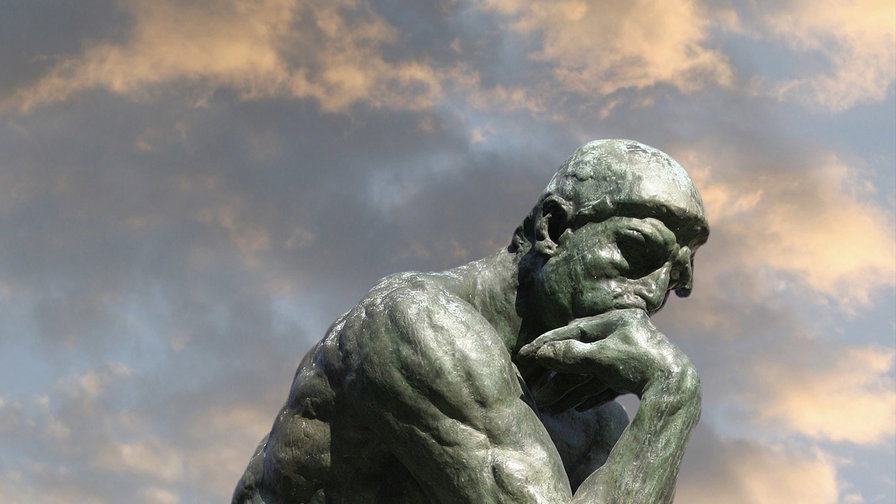Laozi
Finding New Year’s resolutions isn’t always easy. To help you out, we’ve gotten ideas from some of the greatest thinkers of all time.
The world’s most populated country has had its fair share of great minds. Here, we take a quick look at ten thinkers you might not have thought about.

